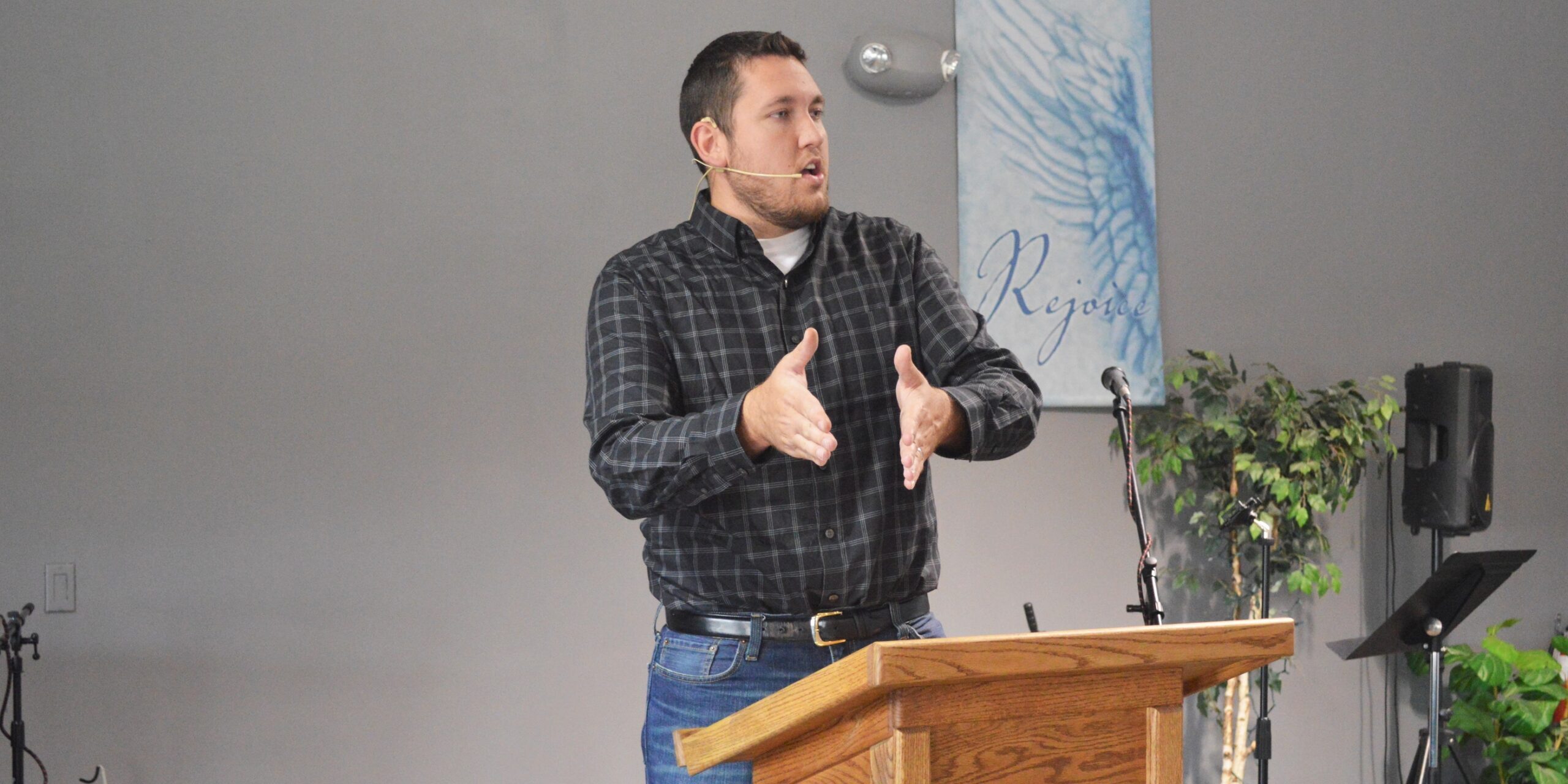As mentioned in one of our previous posts, the Religious Workforce Project team interviewed more than 40 congregational leaders for this study. In most cases, a path to ministry seems to begin in childhood through church participation with one’s family. In other cases, pastors may have come from a family in which there were one or more pastors. While it is important to look at these cases to confirm the link between childhood formation and vocation, two cases stood out in our sample. In these cases, pastors identified as agnostics or atheists as young adults, and their path to ministry may shed light on being able to reach out to the “unchurched.”
John (a pseudonym) is a white pastor in his forties who leads a United Methodist congregation in a rural area. He is a gregarious and outgoing pastor who loves to play board games and bake bread to share with his congregants as part of his pastoral care. He was skeptical about his faith before he met his originally Catholic wife. After struggling to find a church to get married in, they both settled on a United Methodist church because of their less formal worship style. His path to ministry began through serving as the finance chair of this church. He was offered this position because he held a degree in economics. Even after accepting this offer, he still considered himself to be agnostic:
… As I was being involved in church, but also agnostic, I started to have questions of faith. I was saying, “The world says have a house, have a child … a good job.” We had all of that … but I just felt like, “There’s got to be more to life than this.” I went to the pastor. And he had me read … and somewhere along the way, the next thing you know, I’m having faith in Christ and getting more involved in church. We held a weekly dinner, and I got involved in that. I was the bread man bringing bread to people. And the pastor said, “You need to go into ministry.” And I said, “What?” And he goes, “You have a servant’s heart. You come alive when you are serving people.” He goes, “I definitely feel you’re being called into ministry.” And from there, I started the whole process to go into ministry, as did my wife.
In John’s case, his pastor was critical in leading him to actively change his life course and pursue ministry as a career.
The second person who did not fit the general background of being actively involved in church during early years of life is Mathew (also a pseudonym). Matthew, one of the younger pastors in our study, considered himself an atheist before he became a self-described “evangelist.” He describes his family’s religious influence this way:
I was atheist. And my mom was [a disgruntled] Roman Catholic. … But from time to time, she would bring us to church here and there. All I gleaned from those experiences was thinking that all Christians were hypocrites and didn’t want to do anything with that, didn’t think there was anything to it. And so, what I got from growing up with this mindset kind of made me antagonistic towards the faith.
As a white pastor, Mathew currently leads a white rural nondenominational congregation. He explains how he came to the Lord as a young adult through interactions, although negative at first, with the church a friend took him to. His words capture how consistent interaction and mentors shaped his entry into ministry:
Well, I didn’t grow up in the church. My family still doesn’t. … When I was in high school, I guess I was kind of an anti-evangelist. I was trying to convince Christians that they were deceived or sheep or being misled. … Most rooms I walked in, I thought I was the smartest guy there. … I kind of made up my own belief system. And then the Lord got ahold of me … when I was 21. A girl had invited me to church … but it was through the study of the Word and continuing at that church that I understood more of what Christ has done for me and accomplished for me through his death, burial, and resurrection. And the pastors of that church said, “Man, I think you might have a call to go into ministry.”
This conversation started Mathew’s path to pursuing an education to become a minister. His processual road to being educated and ordained meant that he served as the outreach pastor for seven years at this church.
From these two cases, it appears that giving young adults, even those who are skeptical of the faith, opportunities to participate in the church in some meaningful way can open a door to help them give the Christian faith a chance. And it also seems that some sort of mentoring is also critically important to faith formation. In both cases, young men who were skeptical of the relevance of the church found a place to belong, to create a sense of purpose and meaning, and to experience personal mentoring. Certainly not all of those who are brought into the church in this way will seek a vocation in ministry, but the insights that these two cases yield may be helpful as church leaders think about how to reach the increasing number of young adults who are being raised outside the church but seeking meaning and belonging.
— Hale Inanoglu







